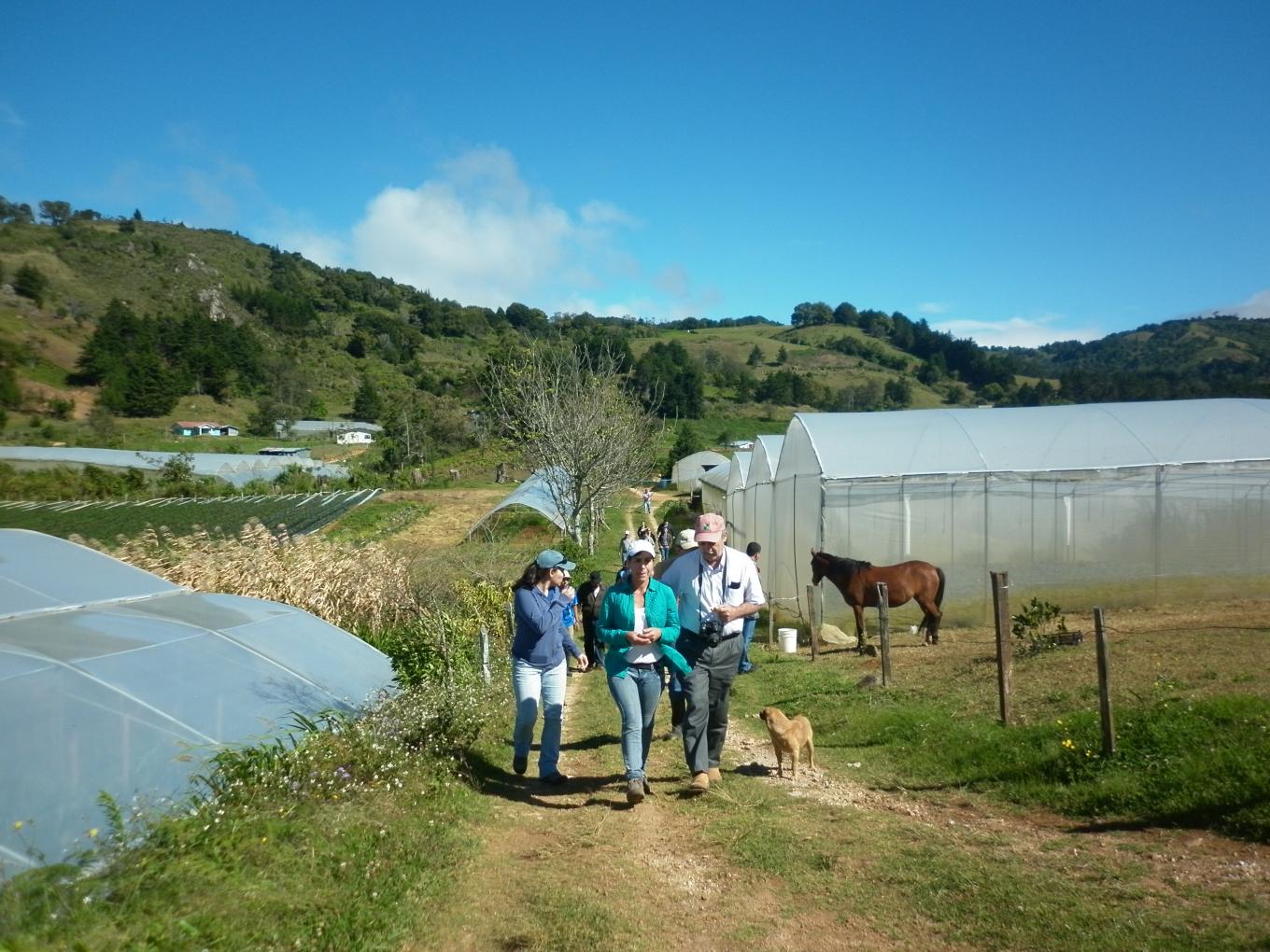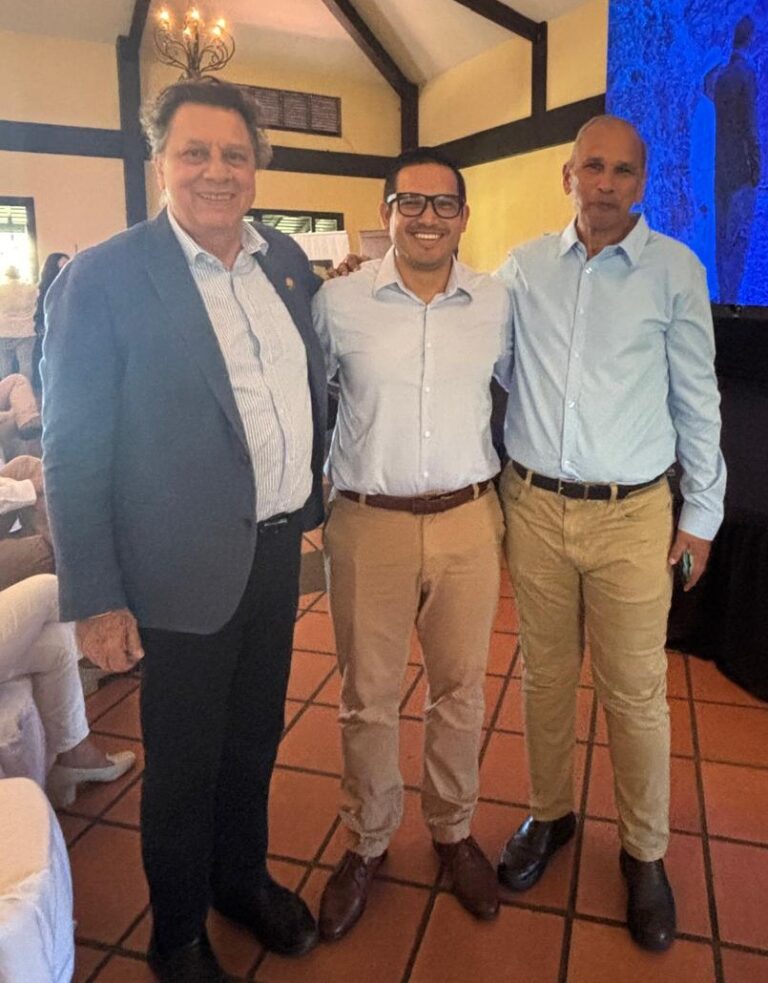The project will offer fundamental tools to anyone interested in designing innovative tourism projects. Course registration closes on March 14.

San Jose, 8 February 2017 (IICA). Do you want to bring to life that agro-ecotourism business you have always wanted? Are you in charge of any rural development projects?
The online course “Agro-ecotourism: fundamentals for designing an innovative tourism project” could give you the necessary tools to accomplish your goal. The course is a joint project of the Organization of American States (OAS) and the Inter-American Institute for Cooperation in Agriculture.
Interested persons must register before March 14 on the Education Portal of the Americas website. The course begins on March 21 and concludes on June 1, 2017.
The program is divided into four modules and takes ten weeks to be completed. Planning, coordination, and instrumentation of agricultural ecotourism projects are some of the theoretical bases to be developed through practice during the course; all are necessary tools to invigorate rural economies.
The course contents include: business planning for agro-ecotourism, tourism in rural areas, tourism marketing, organization design, and economic and financial evaluation.
The course is aimed at owners of small and medium-scale farms, and anyone interested in agro-ecotourism as a strategy to diversify family income. Staff members, technicians, consultants, and researchers in international or government institutions, non-governmental organizations, academia, agriculture, tourism, environment and rural development can take advantage of this project as well.
The cost for the course is USD 470. However, partial scholarships up to a maximum of USD 200 are available to anyone who meets the requirements. If interested, they must check the appropriate box while completing the application form.
The initiative is geared toward Spanish speakers. Nevertheless, the course is open to anyone who speaks that language at an advanced level. Thus, English, French, or Portuguese speakers are welcome to participate.
After successfully completing the course, participants will be awarded a digital certificate from the Executive Secretariat of the OAS for Integrated Development, and IICA.
For more information:
http://www.educoas.org/default2.aspx?q=agro-ecoturismo-elementos-basicos-para-un-turismo-innovador











